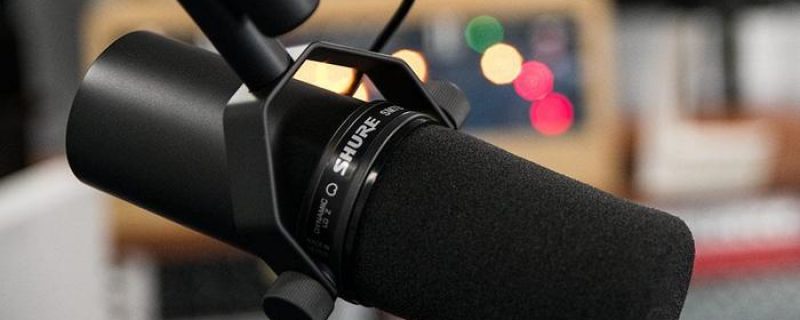Common Sense Tip of the Day:
Your call may be monitored or recorded.
This statement has been true since before the telephone started ringing. Moments after the telegraph was invented in the mid-1800s, so too was “wiretapping”. Not until 1968 did the US Congress pass laws which restricted the use of wiretapping. But today general and industry-specific federal and state laws regarding recorded telephone calls abound! We highly recommend you consult your legal department regarding compliance for your location(s).
The ‘notice of recording’ phrase is common to almost every application – so common callers often pay it no attention. Walsh Media encourages you to think about what and when you should say this phrase. Here’s an example, “Your call may be monitored and/or recorded for quality and training purposes.” What are “quality purposes”? Do you need to say the purpose for which you’re recording the call?
Try this: “Your call may be monitored and/or recorded.” Too bare bones? Then use “To assure quality service your call may be monitored and/or recorded.” After you decide what verbiage to use, remember to record it in all of the necessary languages.
Finally, consider when callers should hear the notice of recording statement. When does your company start recording? If only the conversation between an agent and a caller is being recorded consider putting the statement prior to transfer (to the agent or the queue). If the caller stays in the automation they don’t need to hear it.
To discuss these and other Common Sense Solutions, just reach out! We’d be happy to discuss your concerns! Contact us at Info@WalshMedia.com or 1-800-454-6453.

